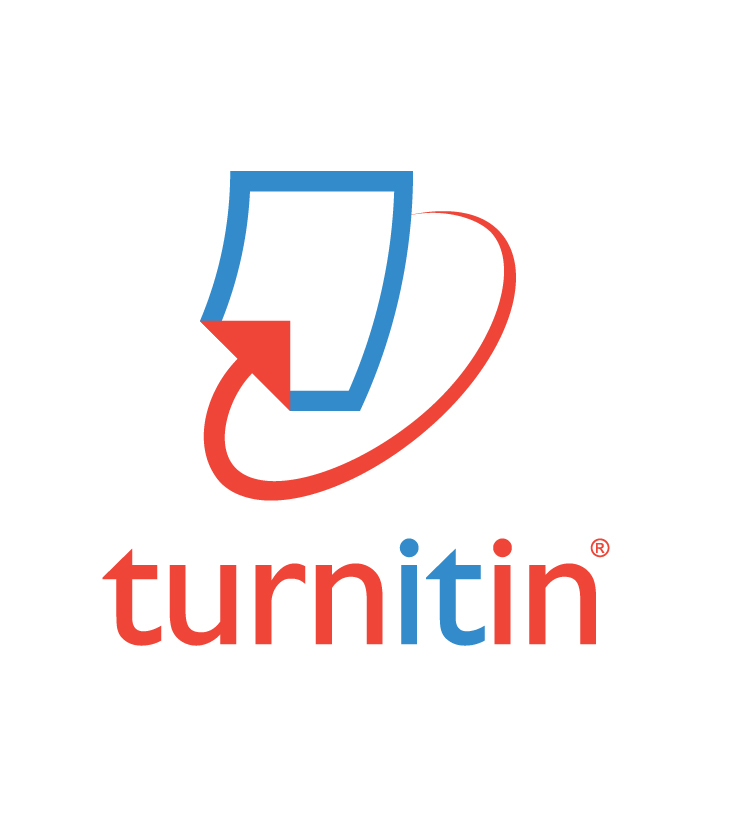Conflict of Interest
IJVCDC is committed to maintaining the integrity and transparency of the academic publication process. All parties involved (authors, editors, reviewers, and editorial staff) are expected to disclose any relationships or interests that may affect, or appear to affect, the objectivity or integrity of the research and publication process.
1. Definition of Conflict of Interest
A conflict of interest (COI) occurs when personal, financial, professional, or institutional relationships could influence or be perceived to influence an individual’s judgment. Conflicts can be financial (e.g., employment, consultancies, stock ownership, honoraria) or non-financial (e.g., personal relationships, academic rivalry, intellectual passion).
2. Author Responsibilities
Authors must disclose all potential conflicts of interest related to their manuscript. This includes, but is not limited to:
-
Funding sources for the research
-
Financial ties to organizations that may benefit or be harmed by the publication
-
Personal or institutional relationships that may influence the work
Authors must include a “Conflict of Interest” declaration in the manuscript. If no conflicts exist, they should state: “The authors declare no conflicts of interest.”
3. Editor and Reviewer Responsibilities
Editors and reviewers must declare any potential conflicts of interest and withdraw from the editorial or review process when such conflicts exist. This includes:
-
Personal or professional relationships with any of the authors
-
Recent collaborations or direct competition
-
Financial interests related to the subject of the manuscript
4. Editorial Oversight
The editorial team will assess and manage disclosed conflicts to maintain transparency and trust. Failure to disclose a conflict may lead to corrective actions including errata, retraction, or other editorial notices.






 This work is licensed under a
This work is licensed under a 